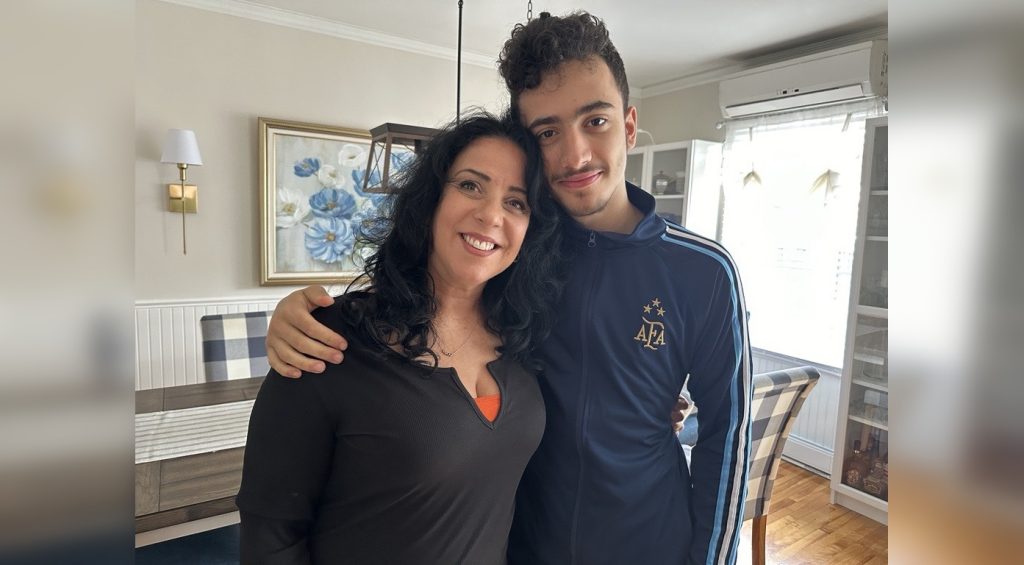Advocate for patient rights seeks board seat at Santé Québec
Posted November 13, 2023 5:01 pm.
Last Updated November 13, 2023 6:44 pm.
A leading patient-rights advocate says there is a lack of patient representation on the board of directors of Santé Québec, which is the Crown corporation that would be set up to run the province’s health system under medicare.
“We know that at a very high level, they don’t know what’s going on on the field but patients know, users sitting on users committee elected by their peers know what’s going,” said Paul Brunet, executive director of the Conseil pour la protection des maladies.
Brunet says they did not get a seat on the board of directors of Santé Québec.
“We did the job of feeding them with things that don’t work and things that need to be amended or changed or directed in some other ways. We’ve been doing that for almost 20 years now.”
On November 10th, Quebec Health Minister Christian Dubé posted on social media that a review of the Bill 15 articles that deal with complaints by patients as well as those concerning users’ committees was completed.
Dubé introduced Bill 15 earlier this year, a Bill that aims to create Santé Québec, which would be responsible for the day-to-day operations of the health network. Dubé has said a more organized structure at the top will lead to reduced wait times in emergency rooms and surgeries and improve the overall patient experience.
However, last month, six former Quebec premiers wrote an open letter voicing their concerns over Bill 15.
“Patients are at the heart of what we do as nurses, doctors, and healthcare professionals…I believe they need to be able to voice themselves, what they think is positive and negative with regards to what’s going on in our healthcare system,” said Naveed Hussain, a nurse at McGill University Health Centre.
“There is a disconnect between the bureaucracy and our government and what goes on at the bedside at the hospital.”
Hussain also emphasizes the importance of having patient advocate voices on the board.
“Let’s just say during the COVID crisis, the pandemic, we had day surgery patients who were having their surgeries postponed throughout the year. So, you have patients who were in pain who needed surgeries that could have been done rapidly and they were unable to do those and they didn’t really have a voice to say, ‘Hey what can we do about this,'” explained Hussain.
Melanie Jade Boulerice, CEO of Nomadic Nurse Agency says the lack of patient representation could lead to communication gaps.
“They’re going to have huge gaps in the communication from the patients, the health care professionals to the board members to the cabinet seats. This communication is going to be very difficult to get across to our government that there are impactful negative effects of our health care system on patient care,” said Boulerice.
In an email statement to CityNews, Antoine De la Durantaye from the Health Minister’s office writes, “Our priority is to ensure a strong voice for patients within Santé Québec. That’s why we have added an article to the Bill (Article 31) that specifically mentions that one of the board members must be appointed after consultation with representative organizations of committee members. Thus, there will indeed be a seat on the board for a representative of patient interests.”
“We need representatives of users of patients to sit on these boards. Unfortunately, it is very hard as we speak and we hope that the Minister will come to terms before the adoption of the Bill,” said Brunet.



